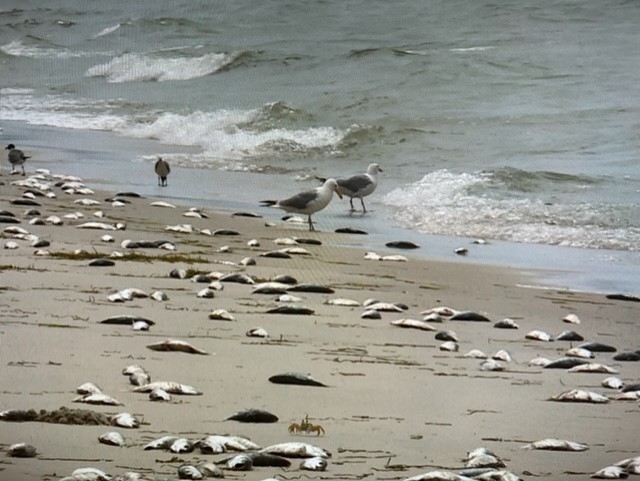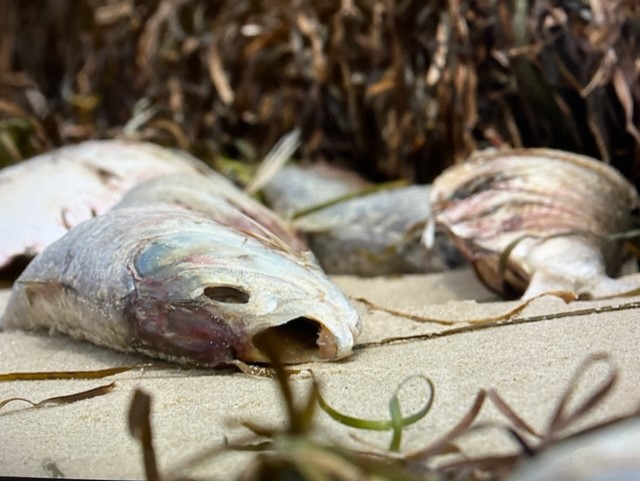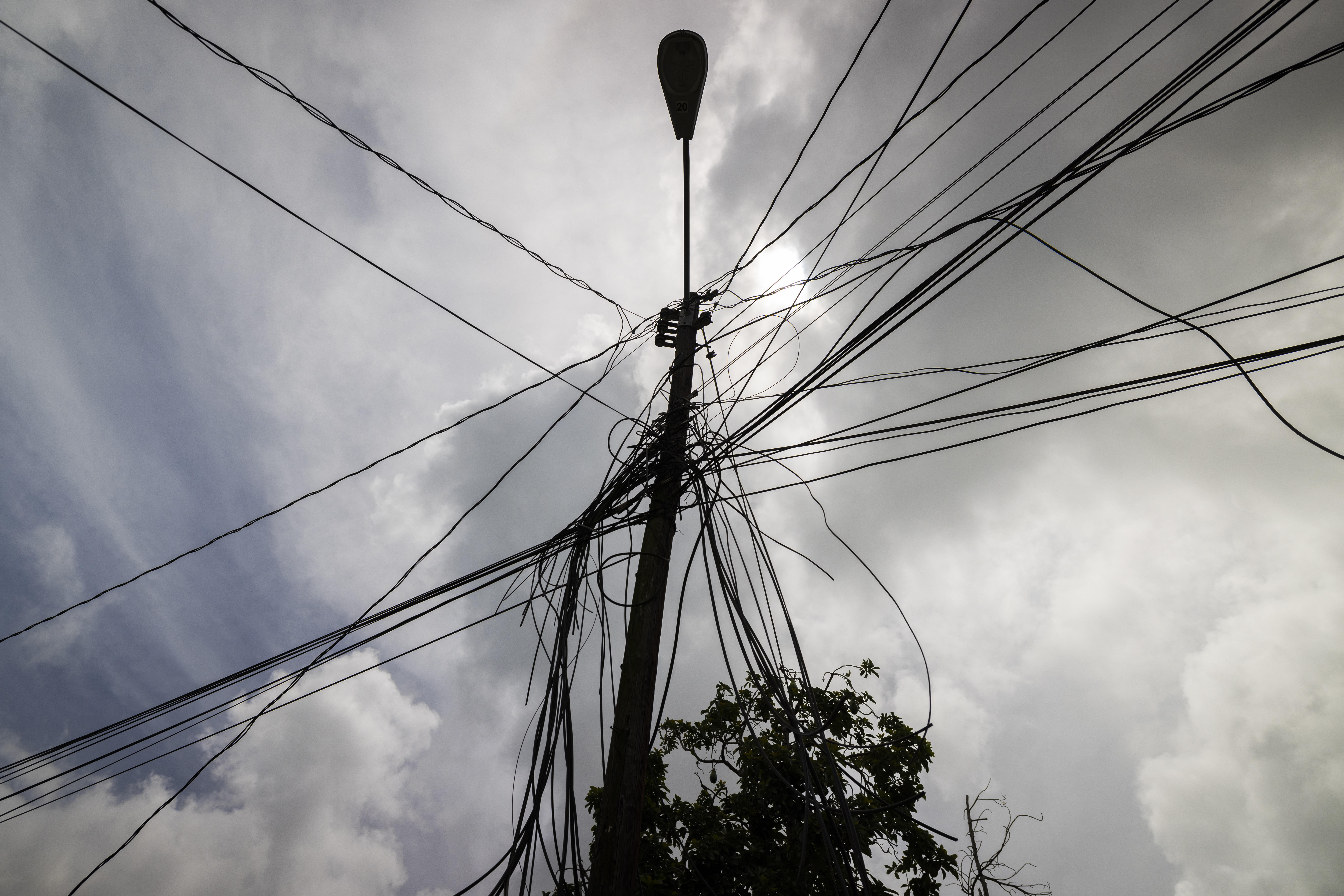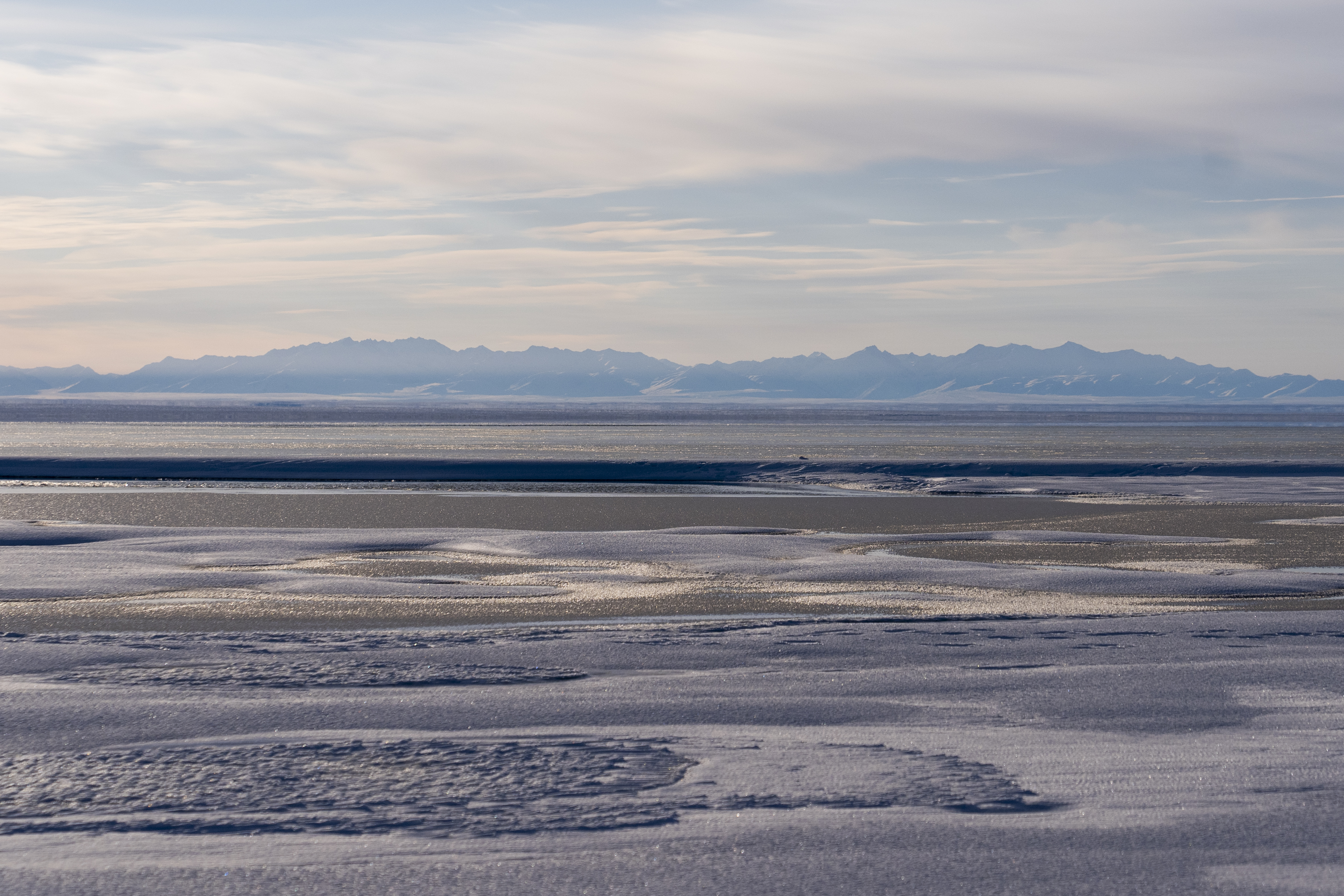KIPTOPEKE, Va. (WAVY) – Beaches along the Eastern Shore were littered with dead fish Tuesday morning in an area not far from a fish spill earlier this month.
Vacationers noticed several fishing boats and smaller boats near the shore, and thousands of fish carcasses in the sand along Pickett Harbor, Kiptopeke State Park and Sunset Beach. Unlike the spill from July 5 that Omega Protein said was a result of a net break on one of its menhaden boats and included primarily menhaden, this more recent spill also had several larger fish such as red drum.
10 On Your Side contacted Omega Protein and the Virginia Marine Resources Commission for comment.
In a statement from Omega and its fishing contractor Ocean Harvesters, the companies said they take full responsibility and notified the VMRC, acknowledging that a group of red drum were in one of their menhaden nets. “(The captain) immediately instructed the crew to open the net and release the fish. The crew observed that many fish swam away, but the captain acknowledged that many fish likely died during the incident.”
A company spokesman said it is rare for menhaden nets to interact with red drum, but when asked about what steps the companies are taking to keep similar incidents from happening again, responded “We do not plan on providing additional comments beyond yesterday’s release”.
A statement from the VMRC Wednesday afternoon stated that Virginia Marine Police are investigating to determine if any violations occurred, and that VMRC and Omega Protein were working together to find solutions to prevent or mitigate harmful impacts of fish spills.
“VMRC received reports from Omega Protein that a reduction fishing vessel caught numerous large red drum while harvesting menhaden,” the statement read in part. “The vessel released some of the net contents containing the red drum and menhaden back into the waters. The combination of net stress and water temperatures resulted in large numbers of dead fish to wash ashore. Omega Protein responded with additional resources and cleanup crews to remove the dead fish from the water and beaches. The total number is still unknown.”
Visitors were shocked at what they saw on the sand and nearby waters.
“It seems like an unmitigated environmental disaster,” said Beth Deel, who’s visiting from Roanoke. She was surprised by what she saw Tuesday morning on the beach at Kiptopeke State Park.
“Birds everywhere, and then a few minutes after that, we saw thousands of menhaden floating towards the beach,” she said.
Ashley Zinn and her family are here from York, Pa.
“[Park officials] told us to stay out of the water because there was an accident with boating and there’s a lot of fish laying out there,” Zinn said. “It was disappointing. My kid was really wanting to go out in the water today, but we’ll try another day.”
The Omega Protein fishing operation is headquartered in Reedville on the Northern Neck. The company has processed the oil-rich menhaden into supplements, food additives and animal feeds since shortly after the Civil War.
Steve Silwinski of suburban Philadelphia says he had never heard of menhaden until Tuesday morning. He and about 30 family members are renting homes at nearby Pickett Harbor.
“We came down about 9:30 with wheel barrows, shovels, rakes and we’ve just been burying them so we can salvage the vacation. It could be days before we get the smell out of here or get these fish out of here. Not quite enjoyable,” he said.
The fishing operation came under fire after the earlier spill three weeks ago from locals and vacationers along Silver Beach, about 15 miles up the coastline from Kiptopeke.
The following week, State Delegate Tim Anderson (R-Va. 83rd) announced he would sponsor legislation to move the menhaden operation out into Atlantic waters and ban it from the Chesapeake Bay. In a social media post Tuesday evening, Anderson again criticized Omega, saying that “inaction by the VMRC is unacceptable and I insist that reports are made to my office regarding the conclusions and actions VMRC takes in this matter”.
Last week, the Virginia Saltwater Sportfishing Association called for a similar ban, saying it has affected population of larger species such as red drum, striped bass and cobia. Omega disputes that claim.
Continue to check WAVY.com for updates.
























































